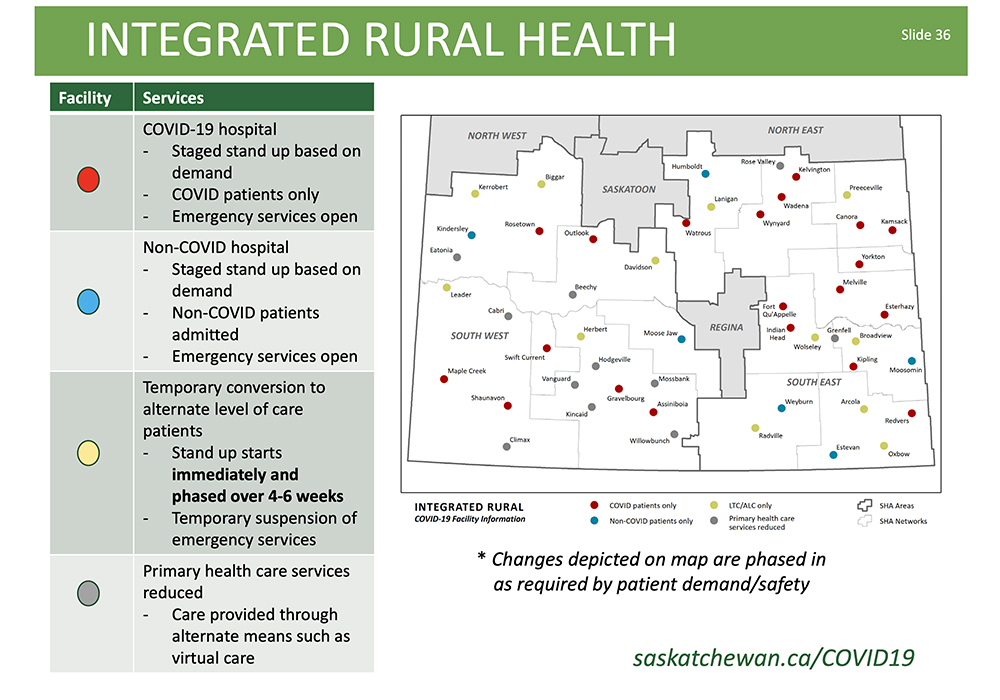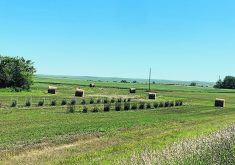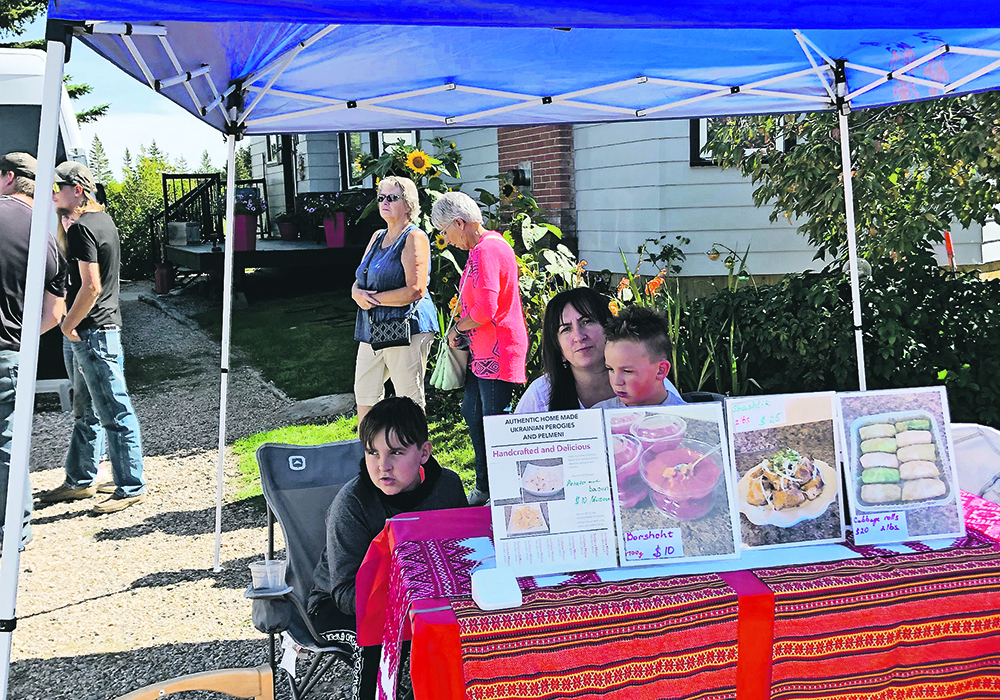Rural health facilities are part of provincial pandemic plans, if COVID-19 cases overwhelm larger centres.
The plans are based on models that are always changing depending on the severity of the pandemic, officials say, but have a role to play in surge capacity.
In Manitoba, for example, Health Science Centre in Winnipeg is the main centre for critically ill patients. But the province’s plan calls for all hospitals to be ready.
Saskatchewan Health Authority chief executive officer Scott Livingstone said rural facilities began a slowdown in non-essential services earlier in March to create capacity.
Read Also

Nutritious pork packed with vitamins, essential minerals
Recipes for pork
As the plan develops, rural facilities will have dedicated spaces for COVID-19 patients and there will be additional acute care capacity where needed, such as field hospitals in school gyms, community centres and skating rinks.
“Exactly what this looks like in all communities across rural Saskatchewan is something we are determining over the next two weeks,” said the SHA. “As the required actions get identified and approved these will be rolled out as soon as they are ready and affected communities will be notified.”
If required, some hospitals will be designated as COVID-19 only.
Livingstone said as the data comes in from testing, the plans are modified based on the volume of patients and the type of care that they need. As of last week, planning teams were looking at the information to make sure patients go to appropriate facilities.
“We will determine where a patient will be cared for in local facilities, what type of staffing is required and what type of equipment is needed,” he said.
Livingstone said the plans must be flexible to changes in real time.


















